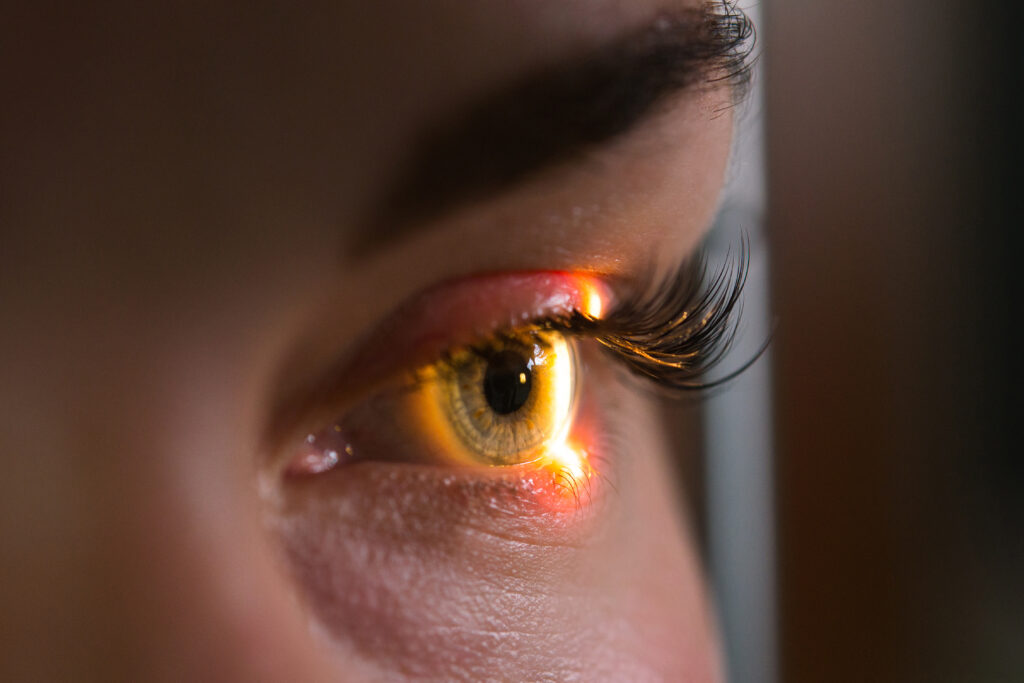Psychiatry is a branch of medicine focused on diagnosing, treating, and preventing mental health disorders, including the spectrum of behavioral, emotional, and mood disorders. Psychiatrists, who are medical doctors with an MD or DO degree, undergo extensive training, including four years of medical school followed by four years of residency, to specialize in all aspects of mental health, including substance use disorders. Their expertise enables them to assess psychological conditions comprehensively, considering both mental and physical aspects.
Individuals may seek psychiatric help for various reasons, including feelings of sadness, hopelessness, or anxiety, typical of depressive disorders.
Depressive Disorders Explained
Depressive disorders, commonly known as depression, manifest through sadness, loss of interest in enjoyable activities (anhedonia), and reduced productivity due to emotional and physical problems that persist. Depression varies in intensity from mild to severe, affecting life quality in different ways. The classification of depression’s intensity depends on several factors, including the frequency of symptoms.
Diagnostic Criteria for Depression
The criteria for diagnosing depression vary based on symptom severity. Mild depression may cause disturbances in daily activities with symptoms like irritability, guilt, despair, social withdrawal, lack of motivation, concentration difficulties, unexplained aches, changes in sleep and appetite, and substance abuse.
Persistent depressive disorder, or dysthymia, is diagnosed when mild symptoms predominantly persist for weeks to two years. Moderate depression amplifies these symptoms, significantly impairing work and social interactions, including feelings of worthlessness and excessive worrying.
Severe depression shares symptoms with milder forms but is more noticeable to others, including persistent negative thoughts, suicidal ideation, psychotic symptoms, and self-neglect. Due to the risk of suicide, diagnosing severe depression is urgent.
Assessment and Diagnosis
Depressive disorders are not diagnosed through lab tests, which are instead used to exclude other health conditions with similar symptoms. Psychiatrists and therapists diagnose depression through detailed inquiries about mood, behavior, daily activities, and family history. Depression-rating questionnaires, such as the Beck Depression Inventory, Hamilton Depression Rating Scale, and Zung Self-Rating Scale, help evaluate symptom severity.
Treatment Approaches
Treatment varies by symptom severity, often combining medication and psychotherapy. Antidepressants can improve symptoms within weeks, but full effects may take months. Adjustments in medication or dosage may be needed based on response.
Psychotherapy, particularly cognitive behavioral therapy (CBT), is effective for moderate to severe depression, focusing on recognizing and changing negative thought patterns. Self-help strategies, regular exercise, quality sleep, and a healthy diet also improve symptoms. Electroconvulsive therapy (ECT) is a last-resort treatment for severe cases unresponsive to other treatments.
Lake Worth Psychiatry is a team of licensed mental health professionals skilled in treating various mental health conditions, including anxiety, depression, ADHD, PTSD, and schizophrenia. For more information or to seek help, please visit our practice areas or contact us directly.

